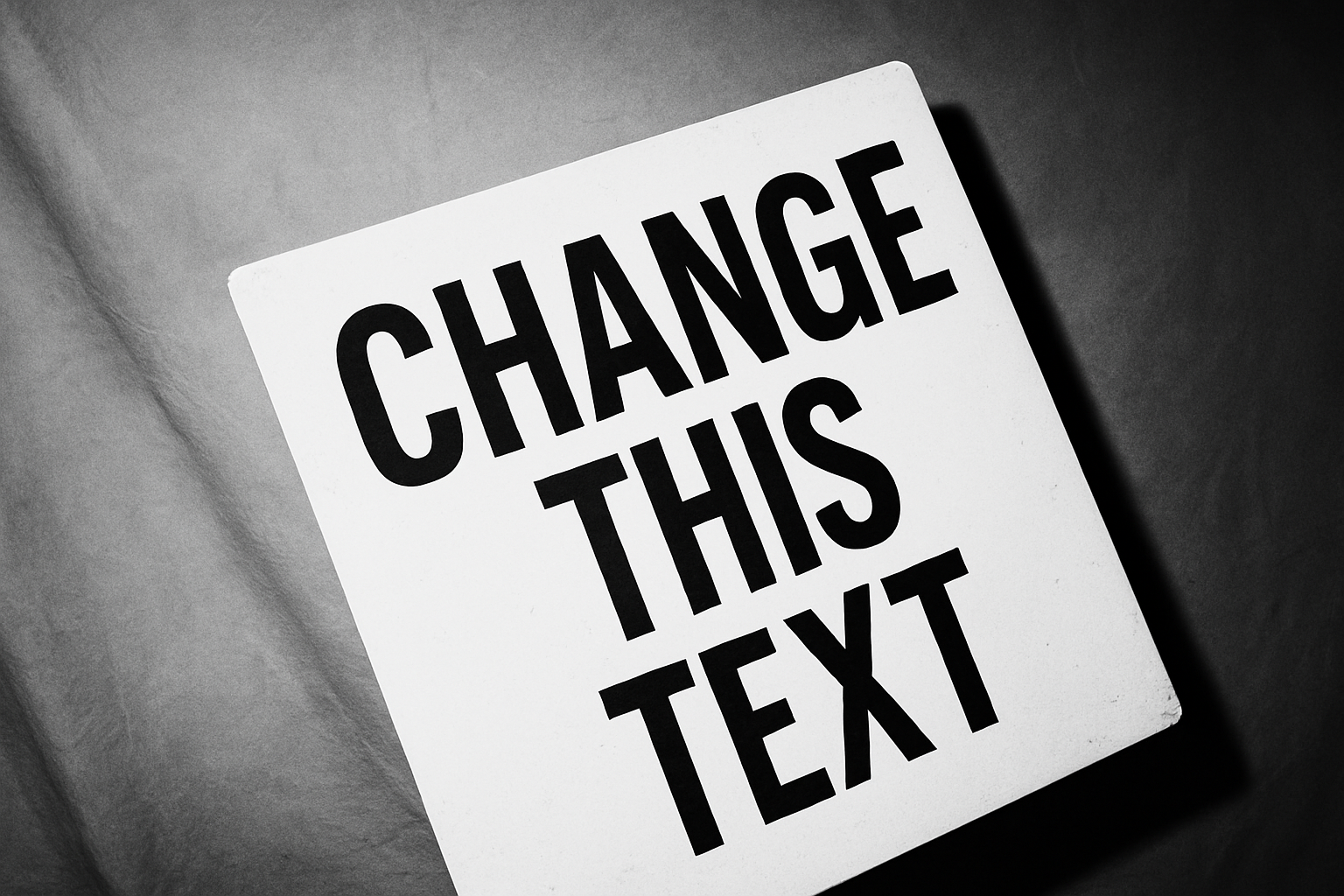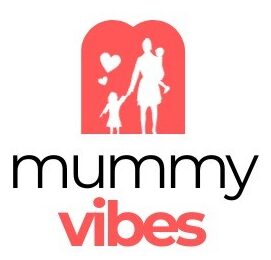
The Benefits Of Bamboo Baby Clothes For Sensitive Skin
What Makes Bamboo Fabric Unique
When choosing clothes for a baby, comfort and safety come first. Bamboo fabric stands out for its unique combination of gentle texture and natural health benefits, making it an excellent option for sensitive skin.
Naturally Hypoallergenic and Free from Harsh Chemicals
- Bamboo is ideal for babies with allergies or skin sensitivities
- It’s naturally resistant to allergens, making reactions less likely
- Free from harsh chemical treatments found in many synthetic fabrics
Incredibly Soft and Smooth Feel
- The fabric has a texture comparable to silk, giving babies a luxuriously soft feel
- Smooth fibers reduce the risk of chafing, rubbing, or skin irritation
- Especially helpful for newborns with delicate or eczema-prone skin
Breathable and Temperature-Regulating
- Bamboo fibers allow air to circulate easily, keeping babies cooler in summer and warmer in winter
- Supports consistent body temperature, helping reduce sweat and discomfort
- Encourages better sleep by avoiding overheating
Naturally Antibacterial and Antifungal
- Reduces bacterial buildup that can contribute to skin irritation or odor
- Helps maintain cleaner clothing even between washes
- Especially useful during warmer months or in areas with higher humidity
Long-Lasting and Durable
- Holds up well to repeated washing without losing softness or shape
- Retains color better than some conventional fabrics
- A reliable choice for hand-me-downs or daily wear
Bamboo’s natural benefits go beyond comfort. It supports healthy skin while delivering practical performance for everyday parenting challenges.
Final Thoughts

A Practical Choice Rooted in Care
Bamboo baby clothes go beyond trends. They are a thoughtfully designed solution for one of the most delicate aspects of infancy: your baby’s skin. With natural softness and minimal irritation, bamboo fabric provides daily comfort while addressing common skin sensitivities.
Why It Works for Parents Too
Choosing bamboo isn’t just about baby—it’s about peace of mind. Parents benefit from knowing their child’s clothing is:
- Safe and free from harsh chemicals
- Durable through repeated washes
- Adaptable to different seasons and weather conditions
A Foundation That Supports Growth
Your baby’s well-being starts with the basics—and that includes what touches their skin every day. By starting with gentler, healthier clothing, you’re nurturing more than just comfort. You’re laying a stronger foundation for development, sleep, and happiness.
The right fabric can make a big difference. Start with the skin, and the rest will follow.
Introduction: Why Fabric Choice Matters for Babies
A baby’s skin is thin, delicate, and extremely sensitive. It’s normal for newborns to show signs of redness, dryness, or rashes in their first weeks. Much of this comes down to the materials that touch their skin every day—like clothing. The wrong fabric can trigger irritation or discomfort without warning. On the flip side, the right material can offer relief, softness, and even healing.
This is why fabric choice isn’t just a style decision. It’s a health decision. Picking gentle, breathable clothing early on helps reduce skin issues and supports daily comfort. For new parents, it’s one of the simplest ways to proactively care for their child’s skin from the start.
Thermoregulating Qualities
Babies can’t tell you when they’re too hot or too cold. That’s why fabric choice matters. Bamboo has a natural ability to regulate temperature, keeping babies warm when it’s cool and cool when it’s warm. It acts like a smart layer that adjusts with the environment.
This is especially useful at night, when babies aren’t being moved or monitored constantly. A bamboo onesie can help prevent overheating or sudden chills, two common culprits behind restless sleep. For parents, that means less worry and fewer wake-ups. For babies, it means longer, safer stretches of sleep.
Bamboo isn’t just good for your baby—it’s good for the planet, too. It grows incredibly fast, often needing no pesticides or fertilizers. That means fewer chemicals in the soil, air, and water, which is better for everyone.
From farm to fabric, bamboo is a low-impact option. It requires less water than cotton and naturally regenerates, making it one of the most eco-friendly crops out there. When turned into clothing, the fabric remains biodegradable, breaking down cleanly instead of piling up in landfills.
By choosing bamboo baby clothes, you’re making a small change with a big ripple effect. It’s a simple swap that keeps your child comfortable and keeps the planet in mind.
Discover even more benefits of bamboo baby clothes here
Pairing Smart Fabric With Smart Learning
What babies wear matters more than just appearances. Choosing healthy, skin-friendly materials like bamboo isn’t just about avoiding diaper rash. It’s part of helping your baby feel safe and regulated, which supports better sleep, easier movement, and fewer distractions from discomfort. These early comforts lay the groundwork for stronger overall development.
When babies aren’t fussing over itchy seams or sweaty fabrics, they’re able to focus on learning, bonding, and exploring. That’s where pairing smart clothing choices with nurturing habits—like daily reading—can really shine. If you’re ready to support their growth beyond the skin, take it one step further and explore the benefits of baby story books.
 Mattie Hubbard is a distinguished figure in the field of sustainable agriculture, known for her innovative approaches to environmentally friendly farming practices. With a deep-rooted passion for the earth and a commitment to ecological balance, Mattie has become a leading voice in promoting sustainable methods that benefit both the environment and the farming community. Her work often involves integrating traditional agricultural knowledge with modern techniques to create systems that are both productive and sustainable.
Mattie Hubbard is a distinguished figure in the field of sustainable agriculture, known for her innovative approaches to environmentally friendly farming practices. With a deep-rooted passion for the earth and a commitment to ecological balance, Mattie has become a leading voice in promoting sustainable methods that benefit both the environment and the farming community. Her work often involves integrating traditional agricultural knowledge with modern techniques to create systems that are both productive and sustainable.
